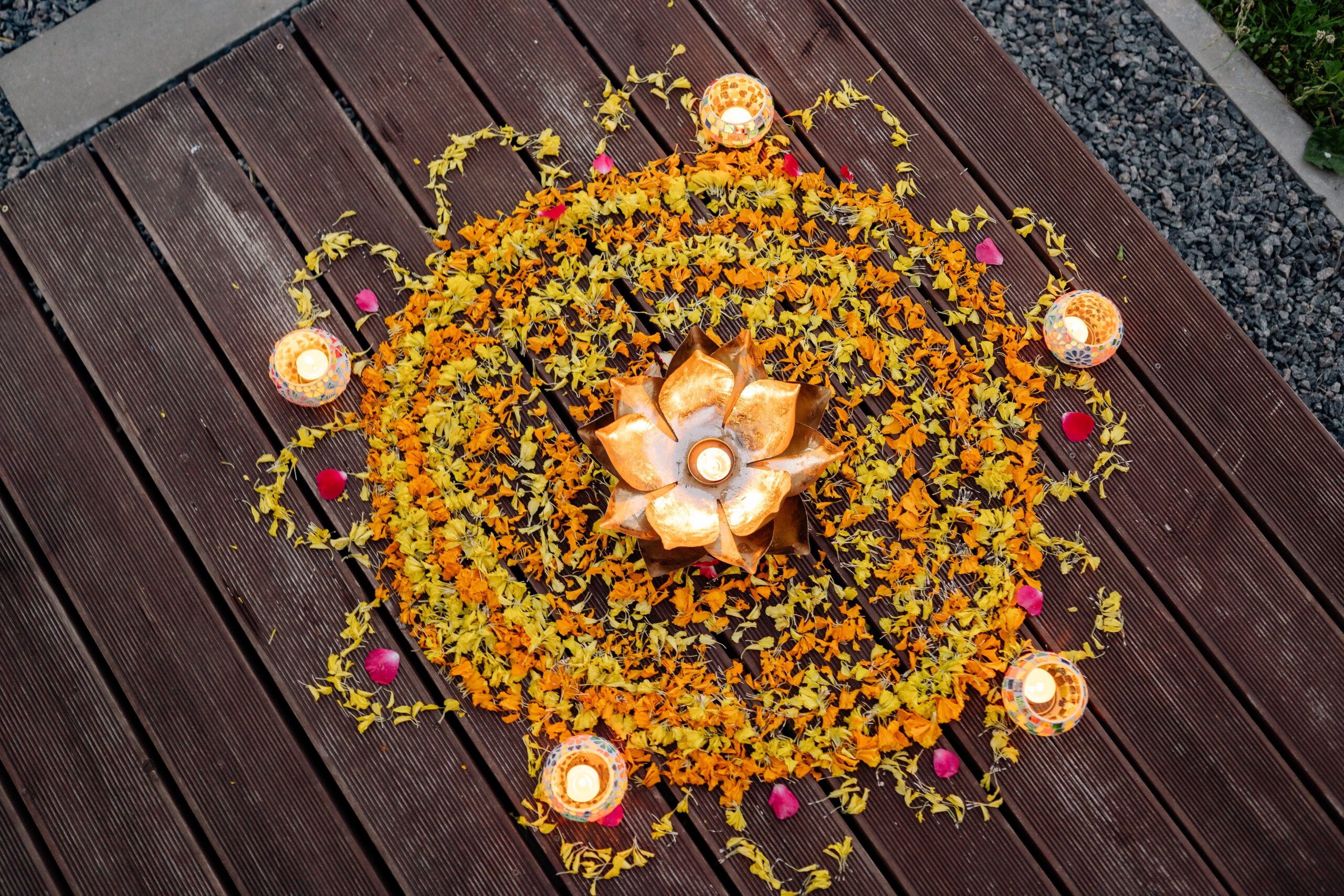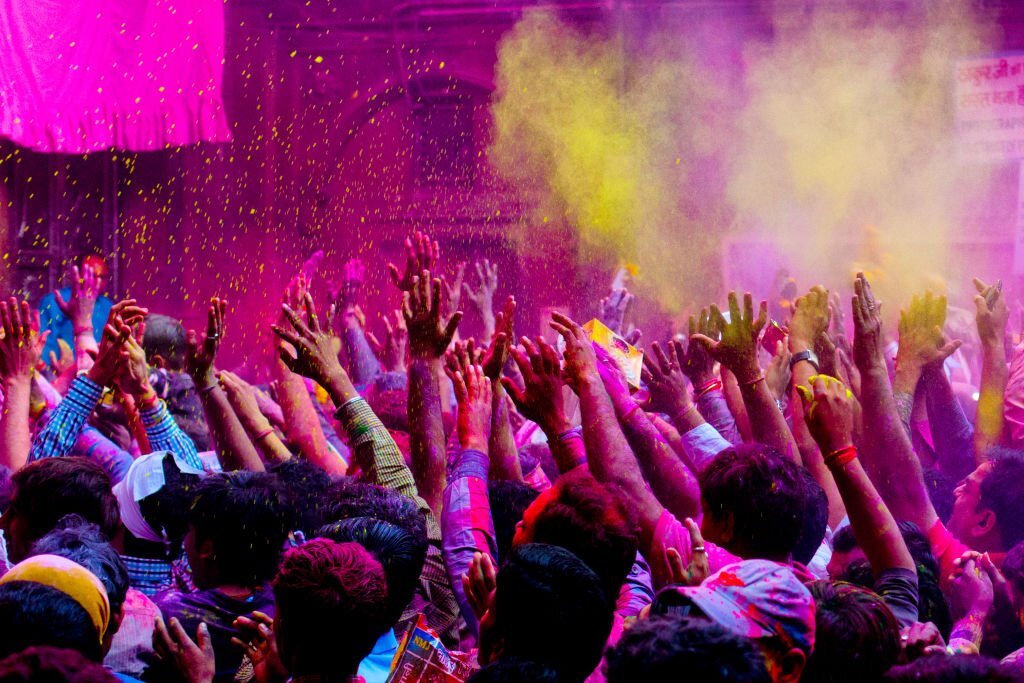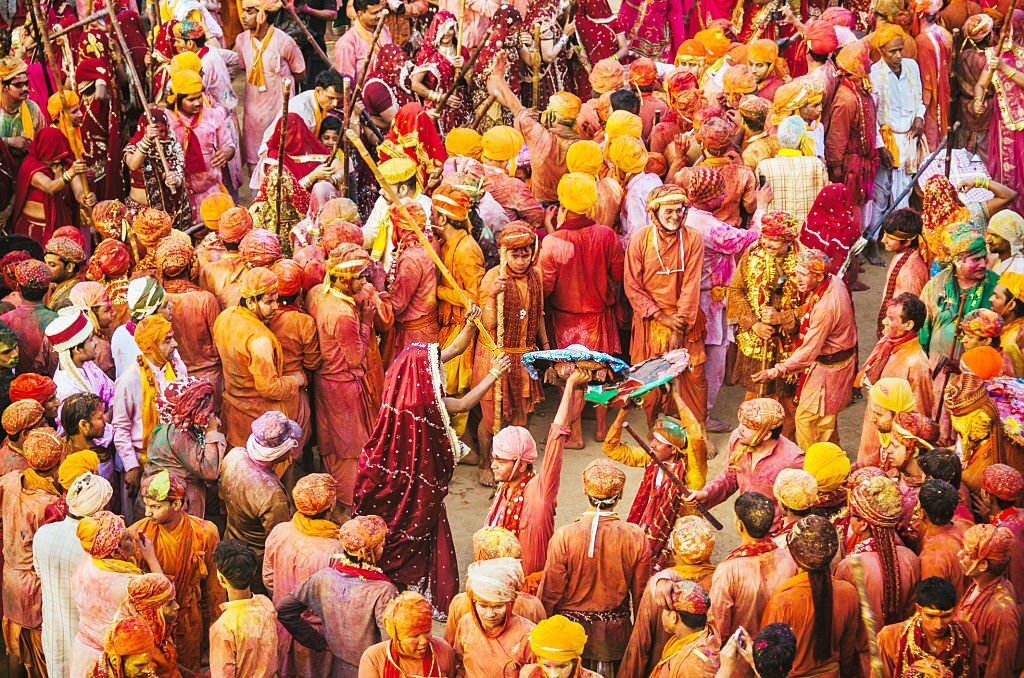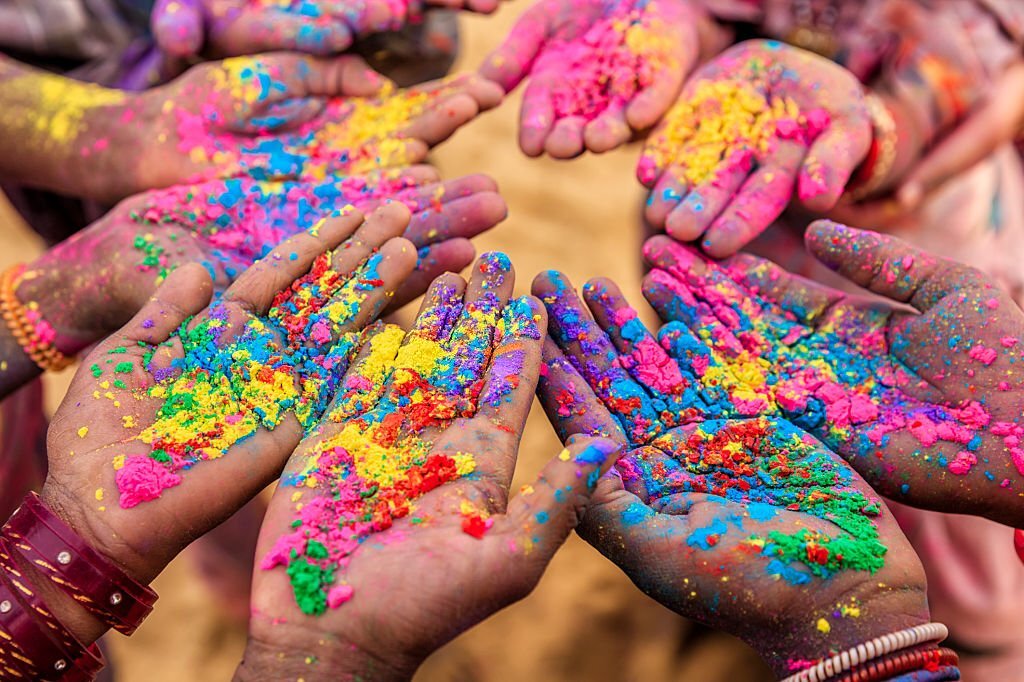The purpose of cleaning the house and living quarters during Diwali is to spread light, optimism, and happiness. A well-kept, well-decorated, and well-lit home will always draw positive energy. People that come to your residence will also feel cheerful and optimistic. A tidy, naturally well-decorated house will undoubtedly exude good energy. Begin with the lighting at the front door. clean house before Diwali
To achieve a traditional aesthetic, some people paint the stairs with an image of Goddess Lakshmi and hang various sorts of torans of fresh flowers and tulsi leaves on the entrance. All of these arrangements provide the ideal environment for attracting success, pleasure, and optimism not just within the home, but also in minds of visited guests.
Cleanliness is the Hallmark of perfect standards and the best quality inspector is the conscience
Diwali, also known as “Deepavali,” is the celebration of diyas. The word “diyas” means “light bulb.” We all know that the only thing that can dispel darkness is light. Deepavali is a Hindu holiday that is marked by rites and festivities. Visitors to Hindu homes are greeted with lights symbolizing prosperity and well-being. The festival of lights is celebrated with tremendous zeal throughout the country. The preparations undertaken throughout the festival season are a show of appreciation to God.
Cleaning the house is not considered a burden. The preparations begin with a thorough cleaning of the house to make it look brand new. It is the preparation for the arrival of Goddess Lakshmi, the Goddess of Wealth and Prosperity. She also provides calm to the lives of those who live in the residence. All scriptures hold the phrase: Cleanliness is always next to godliness
Let us have a look at some of the key factors that explain why it is so important to clean our homes during the Diwali celebration. When we think about divinity, cleanliness becomes more auspicious.
Welcoming Guests as Athithi to participate in the Diwali celebration:
India has a rich culture and customs that are based on spiritual principles. We have the highest regard for those who come to our house. Festivals are important occasions when a large number of people come to our house. Guests or visitors to an Indian’s house are always seen as divine. It’s only natural that we want our visitors to arrive in a clean setting. “ATITHI DEVO BHAVA,” Indians believe. Athithi Devo Bhavameans “none other than God himself” in Sanskrit. It has a ceremonial significance. The death of Narakasura is one of the tales associated with Diwali.
When Lord Krishna came after slaying the demon, the people of Dwaraka greeted Him with lights lighting in the streets and residences. The demon ruler is referred to as Naraka’s “asura.” His death is regarded as the triumph of justice against evil. The symbolic purpose of lighting the lamp is to spread the light of knowledge over the darkness of ignorance. On the day of Naraka Chaturdashi, which is commemorated by the people of Dwaraka as welcome Krishna, it is a custom in select regions of South India to visit neighbors and relatives by performing Aarati. In a filthy dwelling, the lamp cannot be lit. The auspiciousness of a neat and clean house is enough to gratify guests.
Marks the beginning of New Year: clean house before Diwali
People in Northern India, notably, celebrate Diwali, the festival of lights, as a new year. The lamp of wealth and enlightenment is traditionally lit to welcome the new year. As part of the event, it is imperative that the house be cleaned. Diwali is a festival that ushers in new beginnings. So, obviously, cleanliness is essential for making our new beginnings good and for creating a positive vibe into our home. Apart from the common practice of giving presents and sweets, a significant component of Diwali is the cleaning of one’s home in preparation for the celebrations, which begin well before the actual holiday.
Right from the good old days till now, every Indian in any part of the world gets absorbed in household dusting, cleaning, whitewashing, sorting out and turning over clothes and closets, and giving away old things.
Also, Read:-DUSSEHRA RECEIVES NEELKANTH’S DARSHAN AS A BLESSING.
Invitation to Goddess Lakshmi:
Diwali is also a festival for worshipping Goddess Lakshmi, the goddess of riches and prosperity. Hindus believe that if a devotee’s thoughts and heart are pure, God can sit in their hearts. We may suppose that a mind filled with filthy ideas is not a nice place for deities to sit. Devotion necessitates mental purity. External purity must precede inside purity. As a result of all of this, it is important to keep the house clean and neat in order to welcome Goddess Lakshmi. Only by doing the Puja to Goddess Lakshmi after cleaning can it be complete in all aspects. No one will be interested in entering a filthy residence.
End of monsoon season:
When we consider the season in which Diwali is observed, we can see that there is another scientific rationale for the cleaning. Diwali is celebrated in the months of October and November. This is just after the monsoon had passed. As part of the Diwali celebrations, the cleaning procedure guarantees that all bacteria are eradicated. The whole house, as well as the surrounding environment, has been sanitized.
It’s essentially letting go of the old and bringing in the new. This celebration includes activities such as purchasing new kitchen equipment, beginning fresh accounting books, and so on. Another approach to clean up is to do so in this manner. Everyone is enthralled by the Diwali celebrations, which include house renovations, cleaning campaigns, and the sprouting of new life missions. Lights always ward off evil spirits by instilling optimism in the environment. Positive energy in the house attracts good health and prosperity. The entire home and puja area are illuminated by diyas.




















